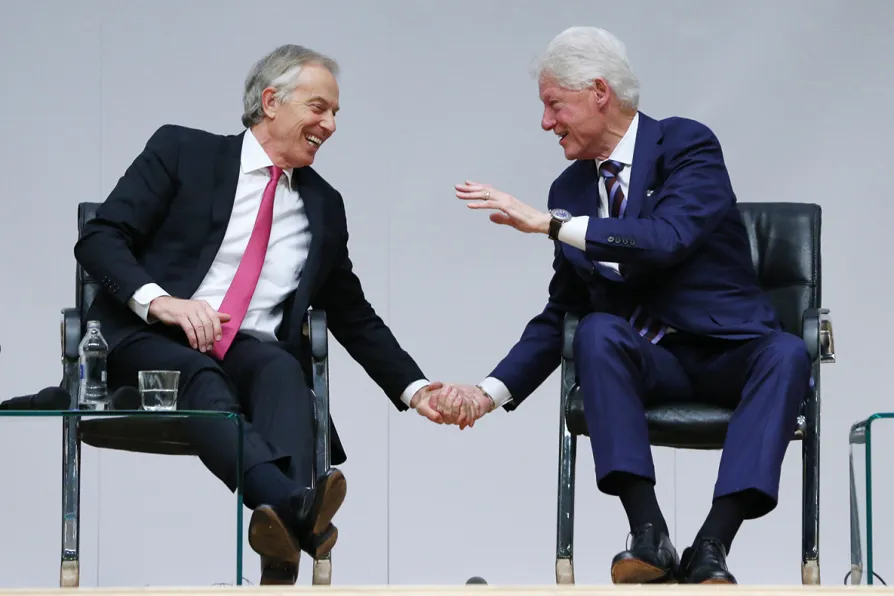Channel 4’s Dirty Business shows why private companies cannot be trusted with vital services like water, says PAUL DONOVAN


A new biography of a man who was arguably Labour’s most antisemitic leader has provoked something of a discussion about the roots of imperialist ideology in the British Labour movement.
The twice turncoat Lord Adonis, now readmitted to the parliamentary Labour Party after a mid-career defection to the Coalition Liberal Democrats which torpedoed a Labour election bid, is the author of Ernest Bevin, Labour’s Churchill.
Bevin was a key figure in the building of the Transport and General Workers Union and was minister in the wartime Churchill government and in the postwar Labour administration of Clement Attlee.

Starmer sabotaged Labour with his second referendum campaign, mobilising a liberal backlash that sincerely felt progressive ideals were at stake — but the EU was then and is now an entity Britain should have nothing to do with, explains NICK WRIGHT

Deep disillusionment with the Westminster cross-party consensus means rupture with the status quo is on the cards – bringing not only opportunities but also dangers, says NICK WRIGHT

In the run-up to the Communist Party congress in November ROB GRIFFITHS outlines a few ideas regarding its participation in the elections of May 2026

The left must avoid shouting ‘racist’ and explain that the socialist alternative would benefit all










